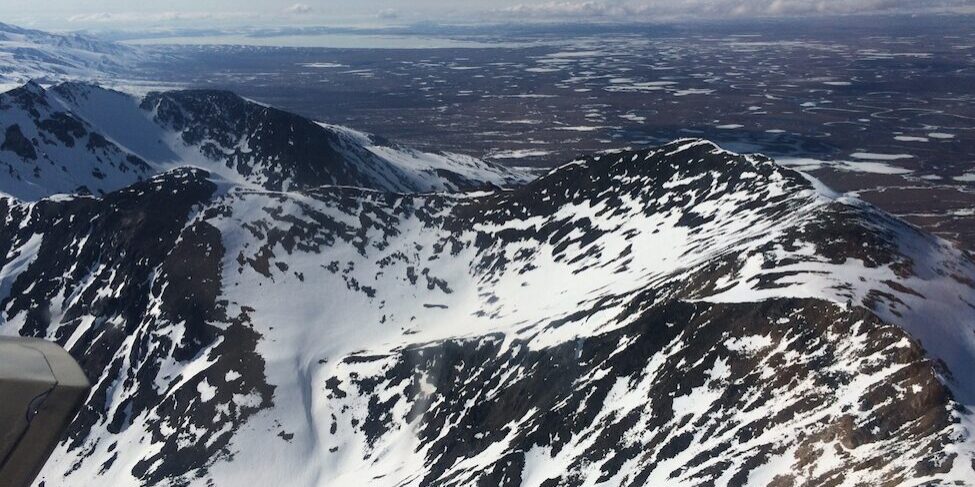The Department of the Interior is delaying plans that could have opened 28 million acres of Bureau of Land Management lands in Alaska to mining and mineral development.
In January of this year, the Trump Administration made plans to open the land.
The announcement to delay affects BLM land in five different areas of Alaska, but the most notable halt is on 9.7 million acres in the Kobuk-Seward Peninsula Resource Management area. That area includes the entire Seward Peninsula and large sections of coastal and interior areas of the Northwest Arctic Borough. The lands that would have been opened to extraction include areas upstream of Norton Bay.
That’s a huge concern for Doug Katchatag of Unalakleet who is especially worried about impacts to fresh water. Katchatag is the President of the Norton Bay Inter-Tribal Watershed Council. He has been watching fish dying in warmer waters for years now as climate change warms Alaska faster than anywhere else in the country.
“If they were to go ahead and mine, that would kill all our fish and the country they are mining in. We would be hurting, we would be put on the extinction list. That’s our source of survival.”
– Doug Katchatag
The Department of the Interior said in a media release Thursday that they would use the extra time to correct “defects” in the initial analysis. The Interior Department notes that the orders given in January used outdated environmental impact analysis that dated back over a decade ago.
The DOI wrote that public engagements and Tribal consultations with the BLM would be part of this additional review. Katchatag is hopeful that the new department, led for the first time by a Native American, Secretary Deb Haaland — might work better with Alaska Native Tribes.
“We do need help from Washington.”
The Kobuk-Seward public lands contain areas open for selection by Alaska Native Vietnam veterans as part of the Alaska Native Claims Settlement Act and authorizations from the Dingell Act. Under this new decision, veterans can still make land selections.
Image at Top: Some of the public lands impacted by the decision are parts of the Kigluaik Mountain range. Photo by Jenn Ruckel, KNOM.




